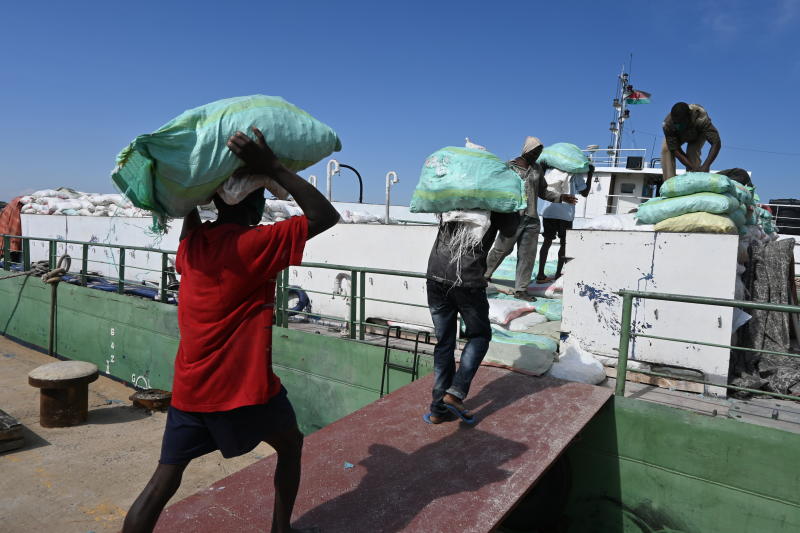×
The Standard e-Paper
Fearless, Trusted News

Three weeks ago, four trucks ferrying fish from Kenya to Democratic Republic of Congo were impounded by Uganda Fisheries Protection Unit (FPU).
According to FPU, the no-nonsense Ugandan entity that patrols Lake Victoria waters, the fish was worth Sh50 million (Sh1.5 billion Uganda shillings). It was seized at the Mpondwe border.